This post may contain affiliate links. See my privacy policy for details.
It isn’t easy to pin down what the best food in the world might be, but cheese is likely at least in the top three. Trying to make it last can be a challenge, though, so could you freeze it to help extend its life?
For more helpful guides on freezing, why not learn if you can Freeze sour cream? Or why not learn if you can Freeze Cream Cheese?
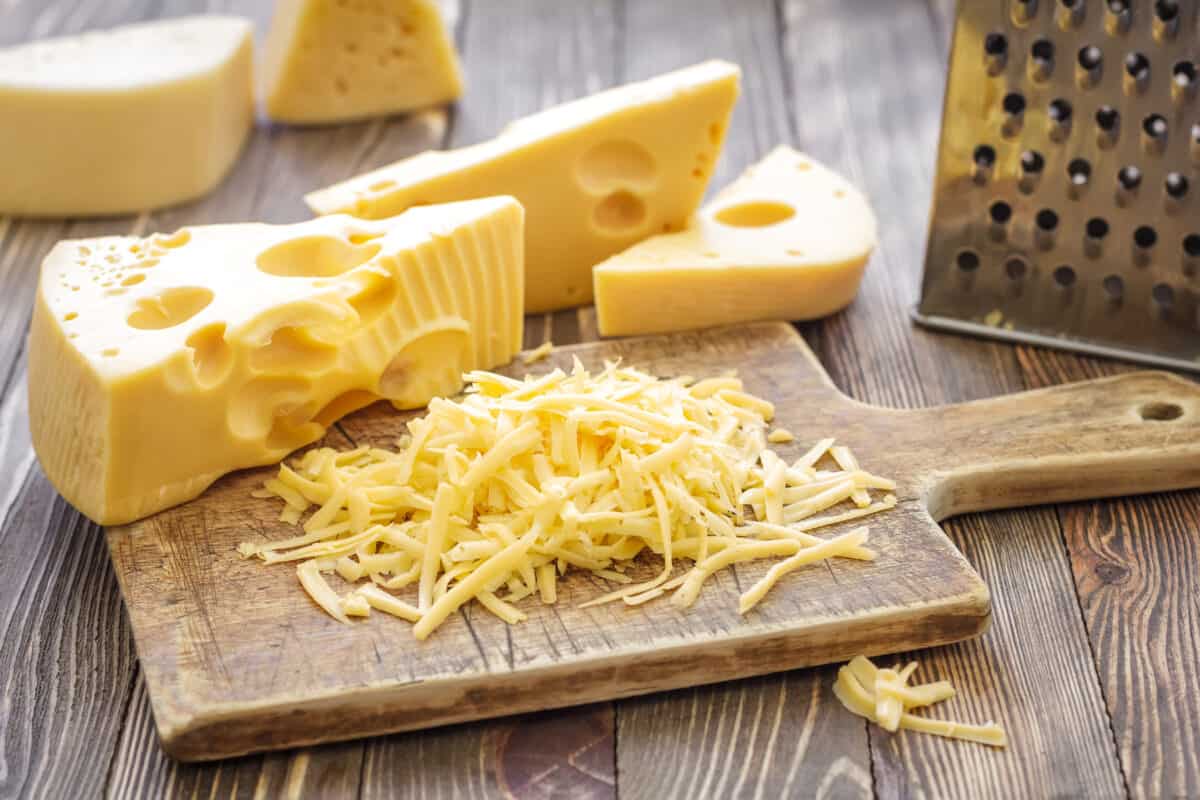
Can You Freeze Cheese?
Cheese was one of the first, and arguably the best, ways of preserving food. Instead of quickly expiring milk, early cheese makers discovered a way to turn it into delicious and longer-lasting cheese.
These days, though, even the longer shelf life of cheese isn’t enough – to stop us from having to make endless trips to the grocery store for even more cheese, it can be helpful to be able to freeze your cheese for later, especially when you find yourself with way too much cheese at one time.
But is it actually possible to freeze cheese? And for that matter, do all cheese freeze the same?
What Happens When You Freeze Cheese?
Freezing cheese is actually surprisingly easy, as cheese is a pretty low-moisture food when compared to where it comes from.
While milk has the tendency to separate and break into different fat and water layers, cheese freezes up quite well.
There won’t be too many ice crystals or separation, but there may be a slight degradation of flavor.
This loss of flavor will be especially noticeable in more delicate and intricately flavored cheeses, like blue cheeses or any cheese made with infused oils or flavorings.
Keep in mind, though, that while hard cheeses might freeze pretty easily, soft cheeses are a bit trickier to freeze.
Freezing Hard Cheeses
Freezing hard cheeses couldn’t be simpler – the only thing you need to do is wrap it in something to stop it from getting freezer burnt, and you can go right ahead and freeze it.
Cheeses like Cheddar, Monterey Jack, and other firmer cheeses that come in a block should freeze up perfectly, especially if you store them in their original packaging.
Freezing Soft Cheeses
Soft cheeses, like Brie, Camembert, or even those softer cheeses like farmer’s cheese or ricotta, definitely do not freeze as well as hard cheeses.
If you tried just to wrap them in plastic wrap and throw them in the freezer, you would probably find that a lot of the water would freeze, bursting the cheese apart and making the whole thing exceedingly mushy.
Brie and Camembert, and other cheeses that are frequently described as “semi-soft” cheeses, do fair a little better, though. While you expect a lot of the flavor to break down and lose its potency, it shouldn’t completely break apart.
It definitely helps if you can freeze softer cheeses in their original packaging, as well as ensure that as little of the interior of the cheese as possible gets exposed to the air.
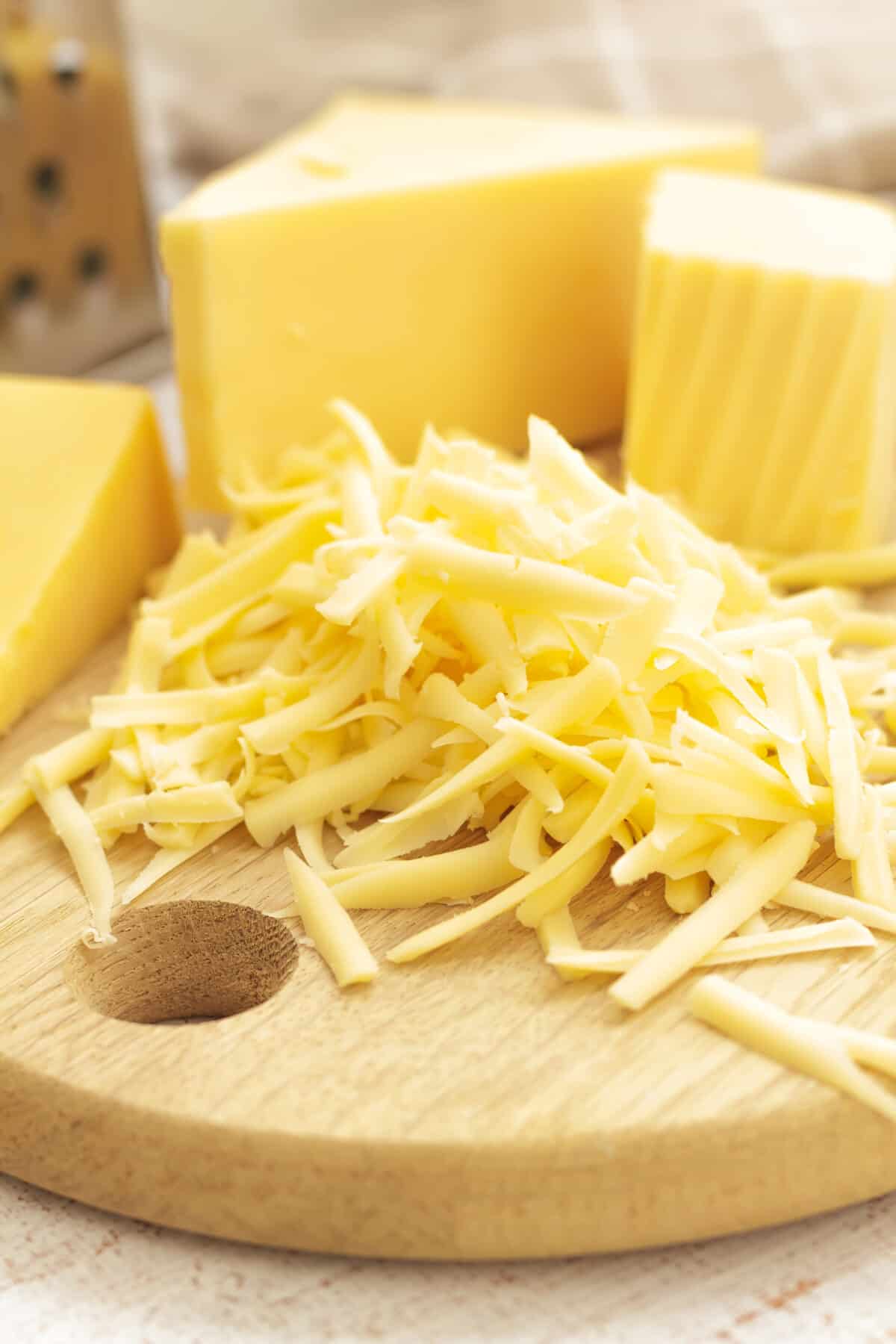
Preparing Your Cheese For Freezing
To prepare cheese for freezing, you first need to ensure that it is going to have minimal contact with oxygen.
If the cheese is still in its original packet, then you don’t need to worry much, but already opened cheese will need to be tightly wrapped in plastic wrap before storing it in a freezer safe resealable bag.
It isn’t enough to just store it in a bag – the air trapped in the bag will eventually get to the cheese and ruin its texture over time.
If you are trying to freeze a softer cheese, you might try removing as much of the water content as possible. For cheeses like ricotta or farmer’s cheese, this can help reduce the tendency of the frozen cheese to crystalize and eventually separate due to the water expanding when freezing.
How To Portion Your Cheese For Freezing First
For an even more convenient solution for freezing your cheese, you can try portioning it as well.
For softer cheeses, this means cutting it into individual pieces, ideally one piece per regular portion that you expect you would want to it. This means that you don’t have to defrost the entire thing when you want some frozen cheese; you can just take out what you know you will need.
For harder cheeses, you can actually grate the cheese first.
For frozen, ready-grated cheese, simply grate all of the cheese that you want to freeze and then put it on a baking dish covered with parchment paper.
Stick that in the freezer for around 2 hours, or until the cheese has mostly frozen, before storing the grated cheese in a resealable container.
This will help stop the individual pieces of cheese from sticking together in the bag and forming one big lump. Instead, you can just reach out and grab a handful of frozen cheese, ready for whatever you need it for.
How To Defrost Your Frozen Cheese
Defrosting your cheese is pretty simple – regardless of whether it is a hard or soft cheese, you should try to let it defrost slowly in the fridge for around 24 hours, so make sure you take it out of the freezer before you need it!
For grated cheese, however, feel free to just use it frozen, as it will quickly defrost on its own, especially if you are planning on melting it.
To help avoid any leaking water from your cheese, something especially likely when defrosting a softer cheese, keep the cheese in a colander over a small bowl or even wrap it in paper towels before putting it in the fridge in a bowl.
This should help grab all of the water and stop it from contaminating all of your fridge.
Looking for more great How-To guides? Try these out:
• How to roast Butternut Squash
• How To Cook a Top Sirloin Roast (and Sirloin Tip)
Happy Cooking
Love,
Karlynn

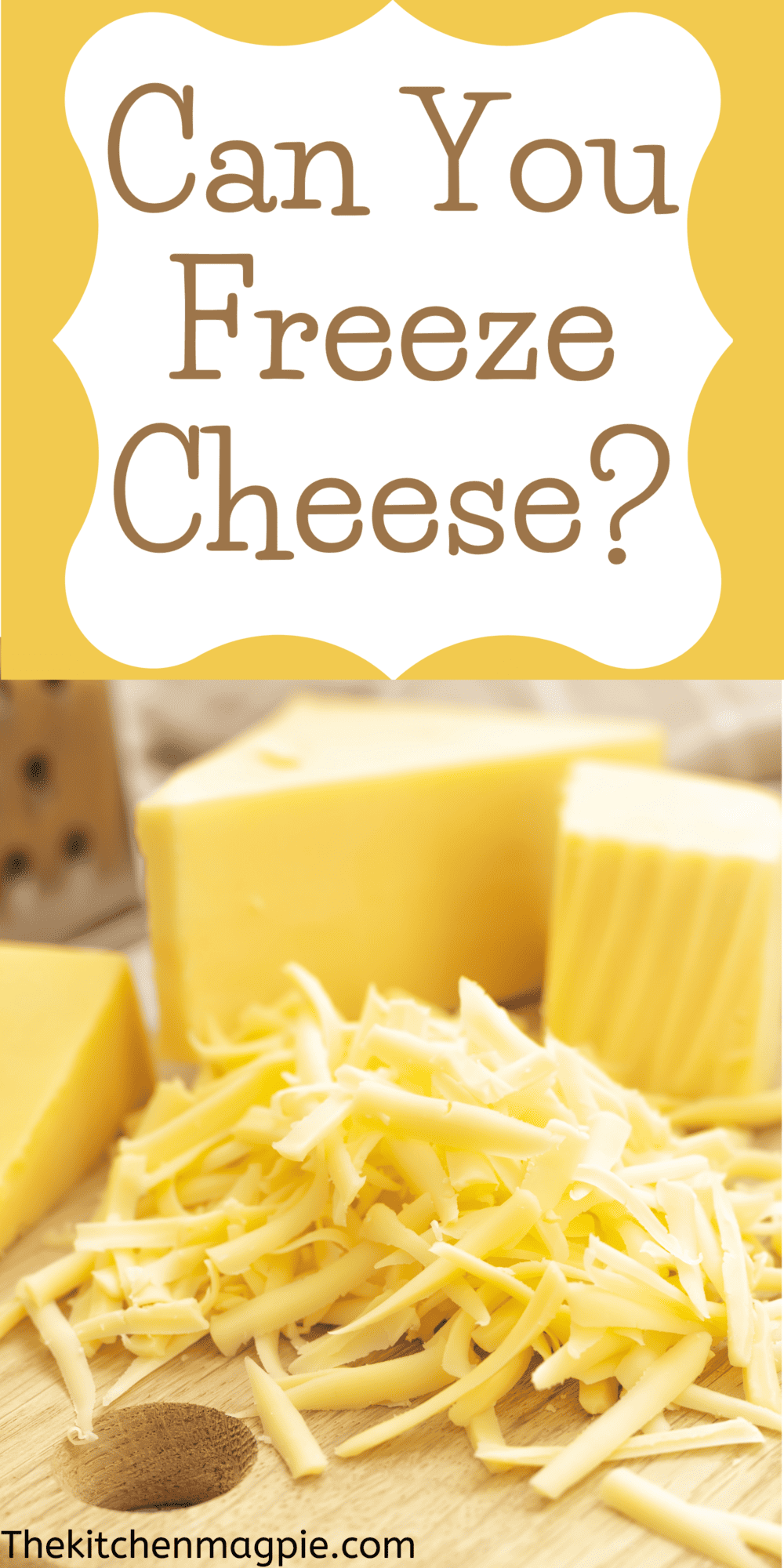
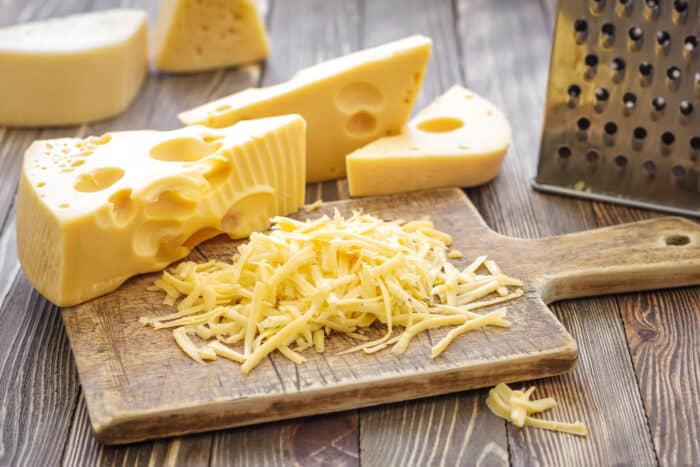
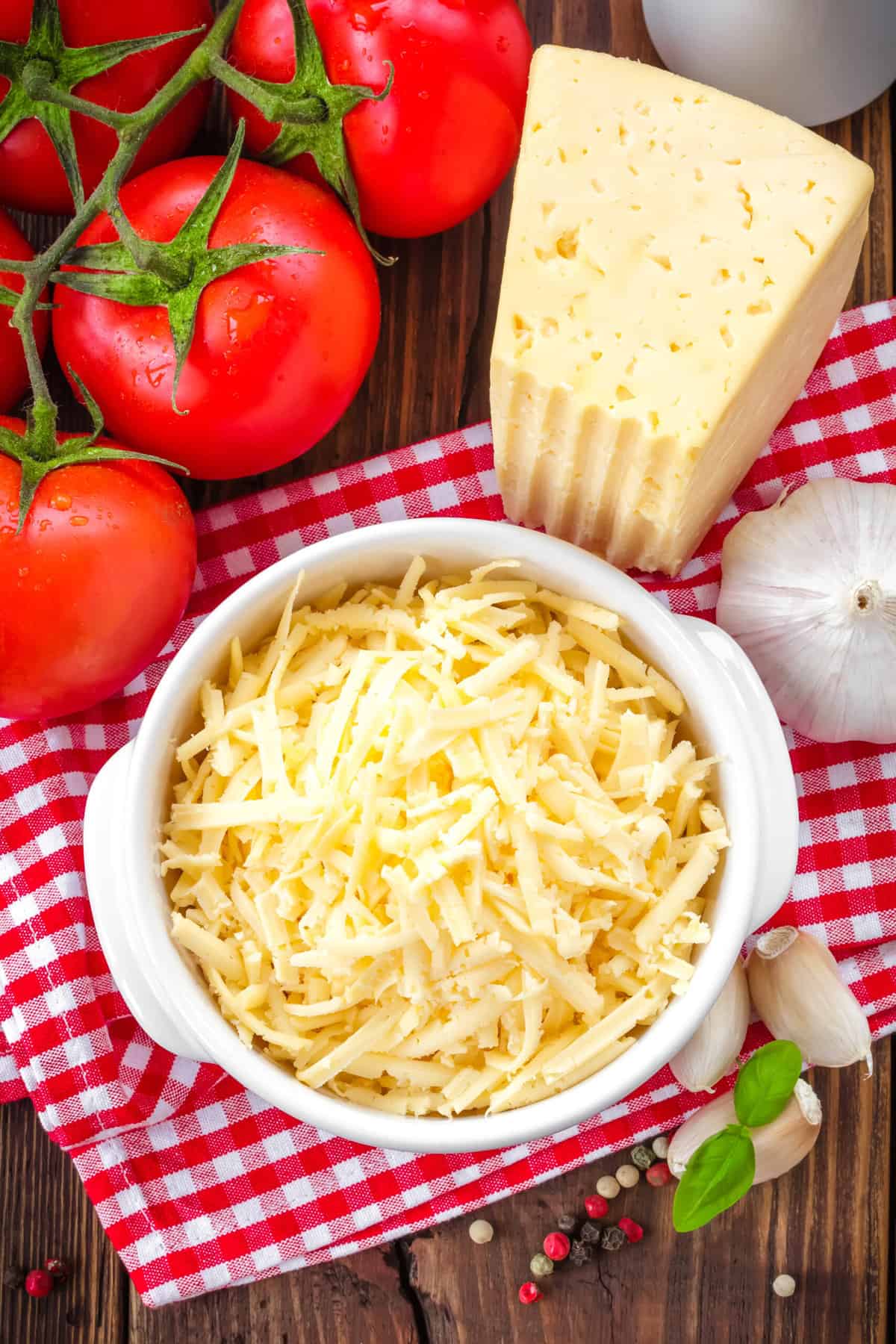
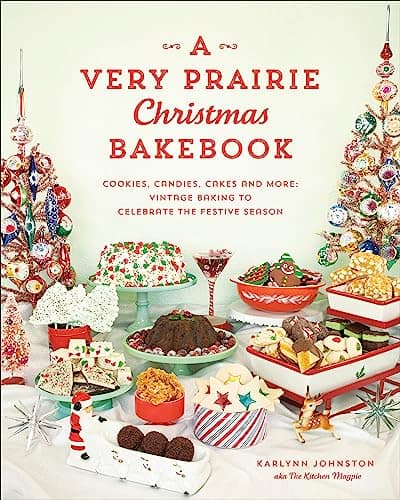
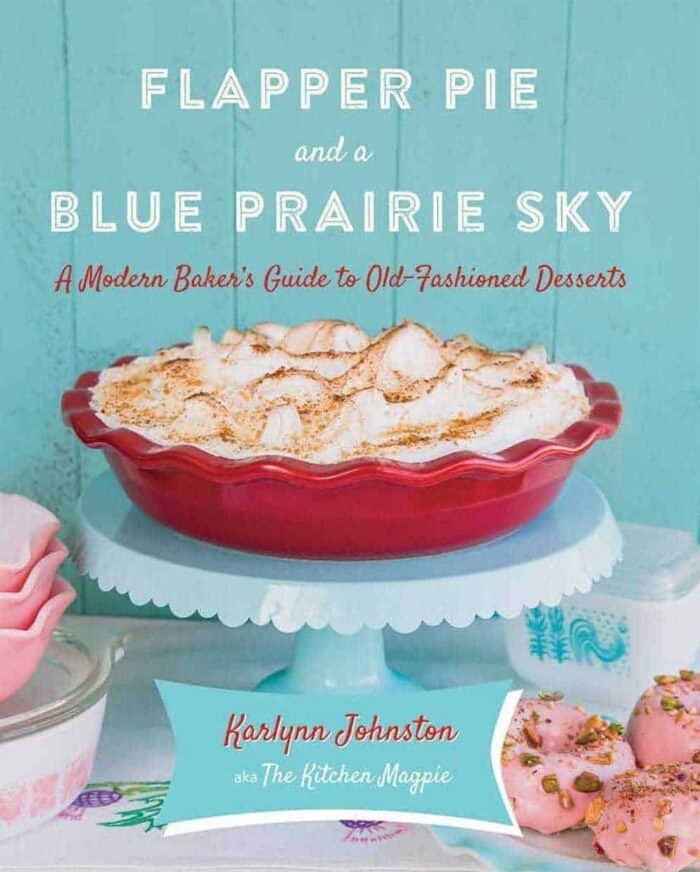
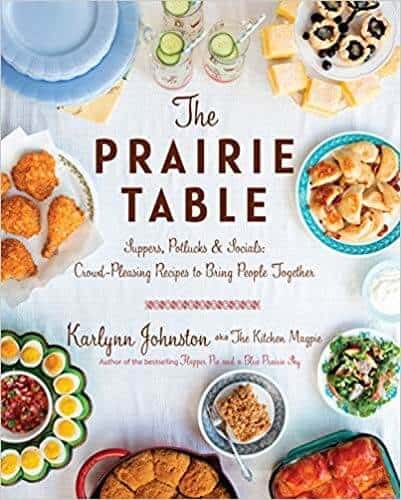


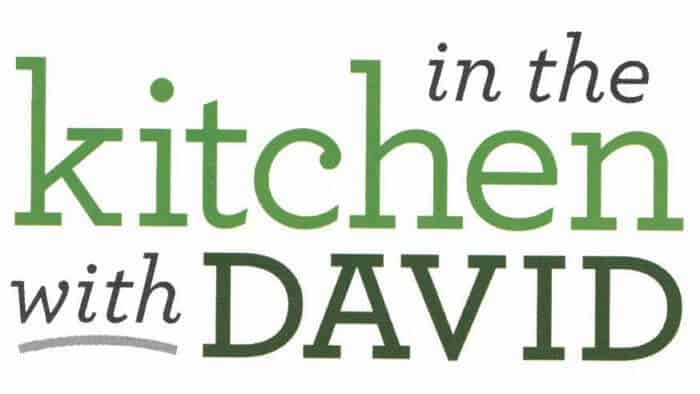





Leave a Comment or Recipe Tip